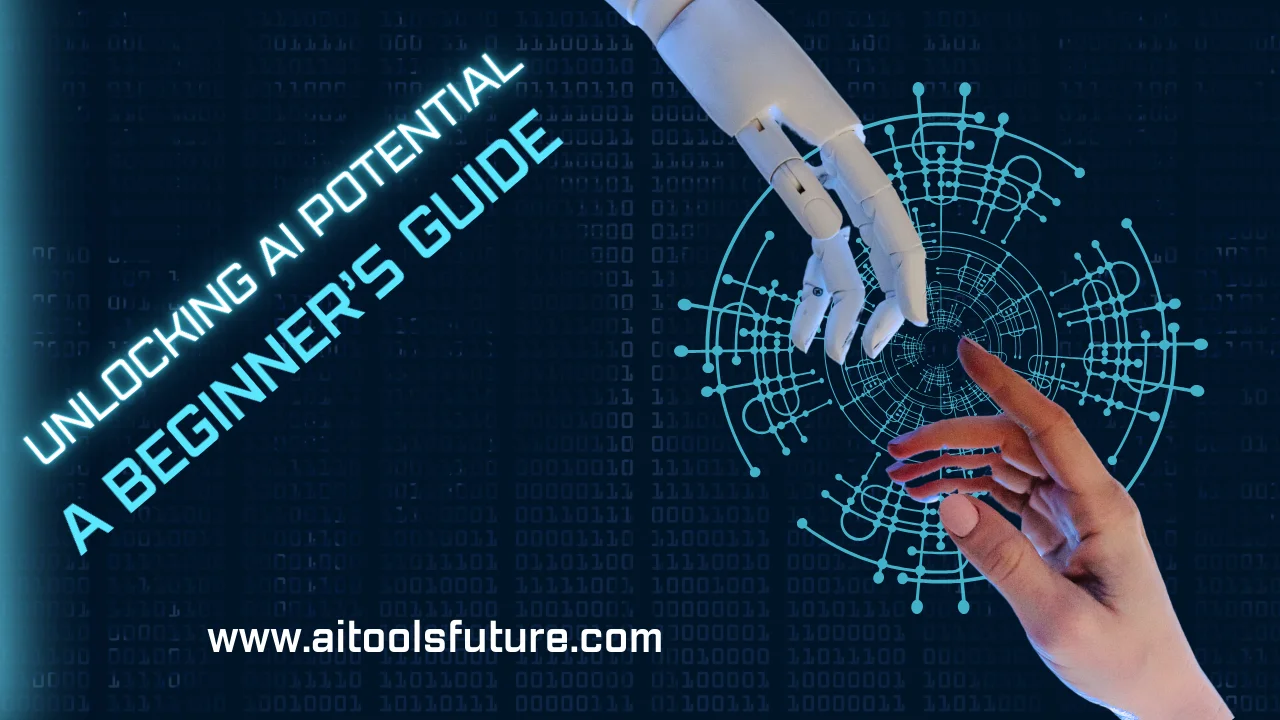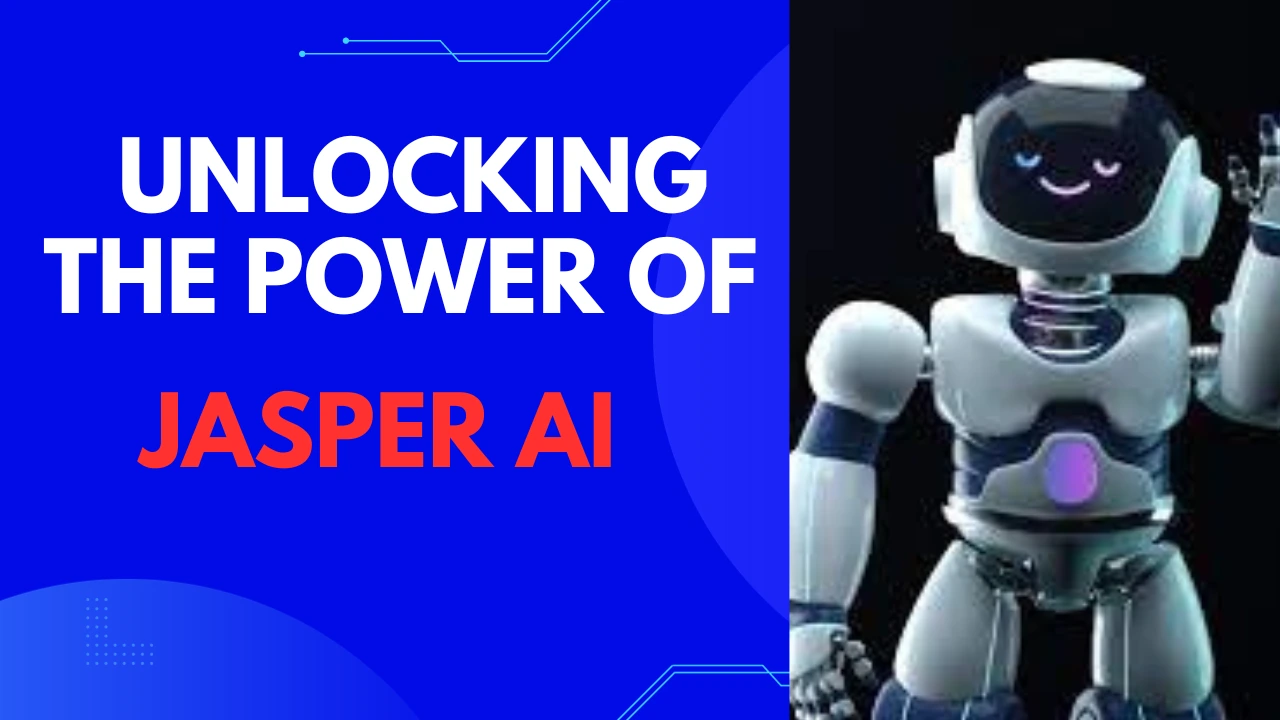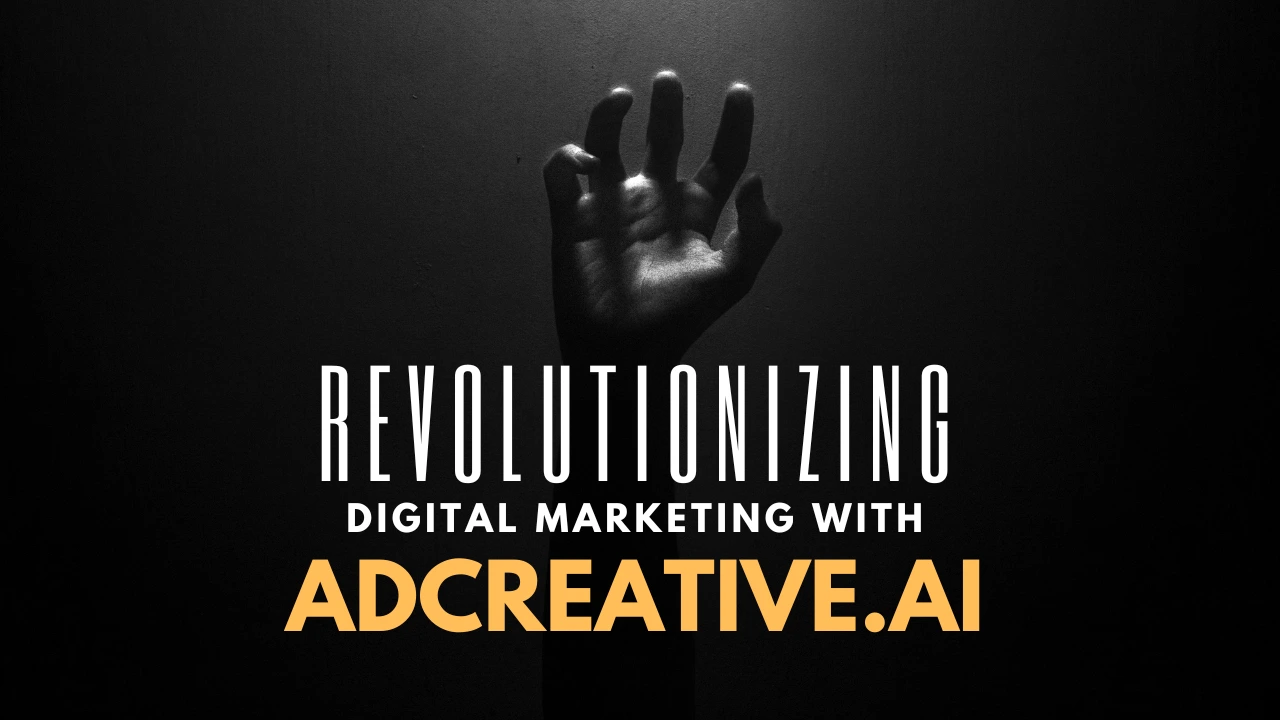Artificial intelligence (AI) has become a defining force in the modern world, touching every aspect of our lives, from healthcare to entertainment. While it may seem complex and intimidating, understanding the fundamentals of AI can be both accessible and enlightening. In this guide, we demystify AI and show how beginners can unlock the enormous ai potential.
Artificial Intelligence Defined
Artificial intelligence (AI) is the field of computer science concerned with the development of systems capable of performing tasks that normally require human intelligence. These tasks include learning, reasoning, problem-solving, perception, and language understanding.
Machine learning vs. traditional programming
Machine learning is a subset of AI that allows computers to learn from data and improve their performance on specific tasks without being explicitly programmed. This is in contrast to traditional programming, where each rule is written manually.
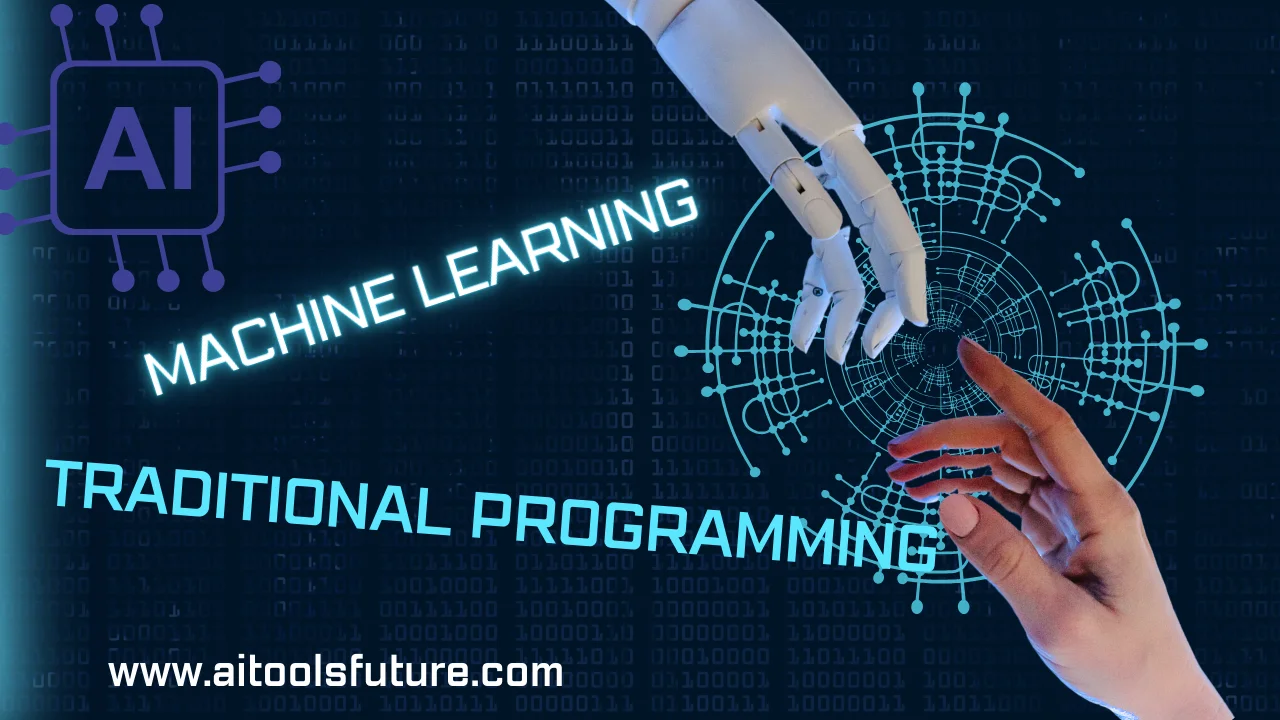
The Building Blocks of AI
Data
At the heart of AI is data. Data is the raw material that AI algorithms use to learn and make decisions. It can be structured (numbers and categories) or unstructured (text, images, audio). The more high-quality data an AI system has, the better it can perform.
Algorithms
Algorithms are the rules and instructions AI systems follow to process data and make predictions or decisions. These algorithms can be as simple as linear regression or as complex as deep neural networks.
Computing power
AI often requires significant computing power, especially for training complex models. Graphics processing units (GPUs) and specialized hardware such as tensor processing units (TPUs) have become essential for accelerating AI computations.
Types of AI
Narrow AI (weak AI)
Narrow AI is focused on a specific task, such as face recognition or language translation. It excels in its predefined domain but lacks the versatility of human intelligence.
General AI (Strong AI)
General AI, also known as AGI (Artificial General Intelligence), is a theoretical concept where machines have human-like intelligence and are capable of understanding, learning, and performing any intellectual task that a human can. We have not yet reached this level of AI.
AI Potential and Its Practical Application
Natural Language Processing (NLP)
NLP is an area of AI that focuses on enabling machines to understand, interpret, and produce human language. It supports chatbots, virtual assistants, and even language translation apps.
Computer Vision
Computer vision allows machines to interpret and understand visual information from the world, enabling tasks such as image recognition, object tracking, and facial recognition.
Recommended Systems Analyser
AI-driven recommendation systems analyze user data to suggest products, services, or content tailored to individual preferences. They are commonly found on streaming platforms and e-commerce websites.
Healthcare
AI is revolutionizing healthcare by helping with diagnosis, drug discovery, and personalized treatment plans. It can analyze medical images, predict disease outbreaks, and even improve patient care.
Autonomous Vehicles
Self-driving cars and autonomous drones rely on AI algorithms to navigate and make decisions in real time, making transportation safer and more efficient.
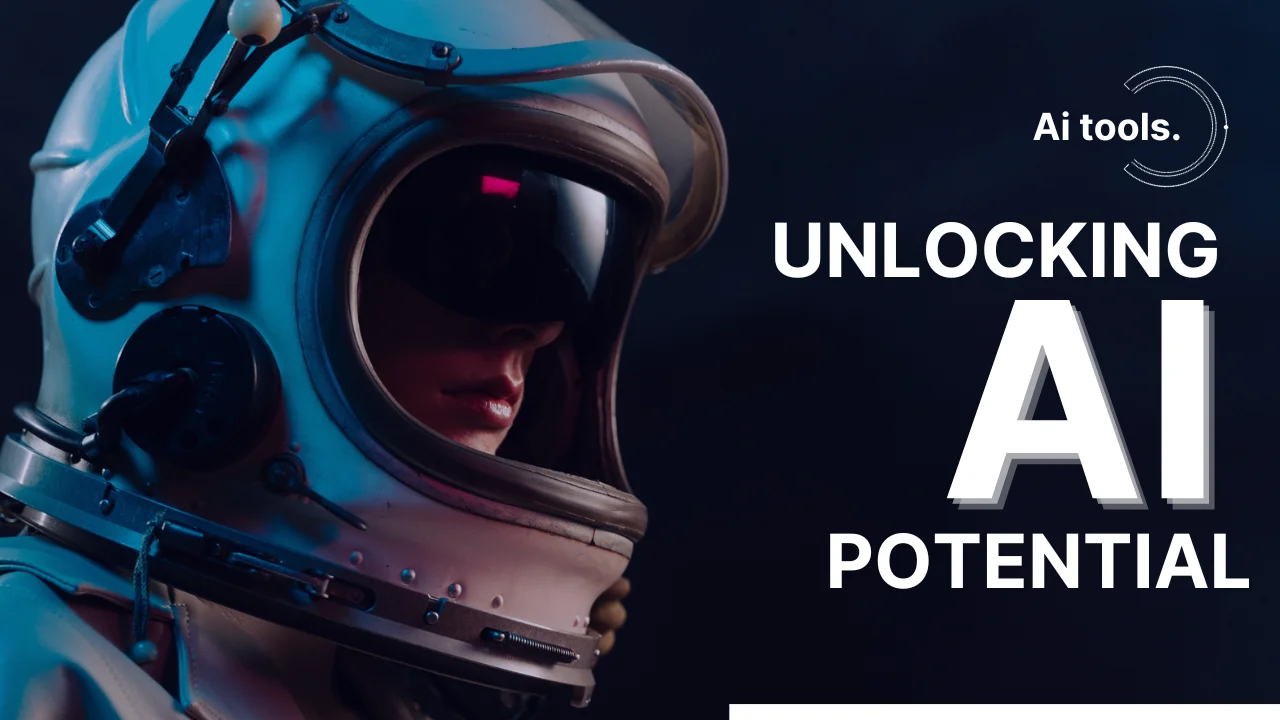
Getting Started with AI
Learn the Basics
Start your AI journey by understanding the basic concepts, including data, algorithms, and machine learning. There are a variety of online courses and resources for beginners.
Free digital training programs from Amazon – JOIN FOR FREE
Choose a Programming Language
Familiarize yourself with programming languages commonly used in AI, such as Python and R. These languages have extensive libraries and frameworks for AI development.
Practice is the key to Mastering AI
Start with small projects and gradually work your way up to more complex tasks. Experiment with AI libraries such as TensorFlow and PyTorch.
Stay up to date
The field of AI is rapidly evolving. Follow AI news, and research papers, and attend conferences or webinars to stay up to date on the latest developments.
Collaborate and Network
AI is a collaborative field. Connect with other enthusiasts, join online forums, and participate in AI communities to learn and grow together.
Recommended Reading : Power of AI in Predictive Analysis
Final Thoughts
AI is not a mysterious field accessible only to experts. Even beginners can dive into the world of AI, understand its principles, and explore its vast potential. Whether you are interested in developing chatbots, analyzing data, or exploring computer vision, the world of AI is waiting for you to explore its possibilities. With dedication, curiosity, and continuous learning, you can embark on a rewarding journey into the domain of artificial intelligence.

